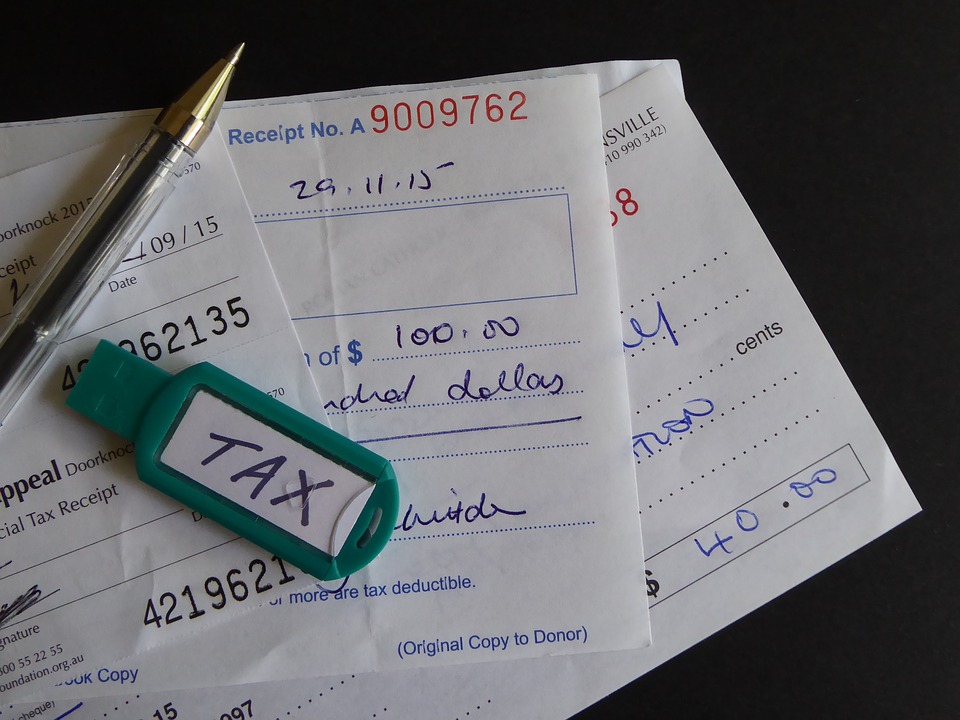Claiming Expenses for the Self Employed
Jan 17, 2016
This is a guest blog written by Helen Watson (@hellohelenw), social media manager in training with Digital Mums.
I’ve spoken to Rosie to get an overview of what you need to know about claiming expenses. (This blog refers to sole traders, there are some differences for limited companies.)
Why do I need to record my expenses?
To keep accurate records about your business, to see if you are making any money and to ensure that you are paying the correct amount of tax. It is important to know where you costs are, so you can budget and price correctly! Anything that is “wholly and exclusively” used for your business should be claimed as an expense. This will reduce your profit figure and therefore your tax bill.
What can I claim for?
Any expenses that you genuinely incur in running your business. Common examples: stationery, advertising, accountancy fees, staffing costs, raw materials, membership fees (of professional bodies, not gym memberships!)
Some items will be dual purpose, for business and personal usage. One example of this is a mobile phone which is used for business and personal calls. In this case you would work out the percentage of business and personal calls and apportion the costs accordingly.
Other dual purpose items can be claimed according to a set formula. One example of this is a car. You can choose to claim 45p per mile for business mileage (25p after 10,000 miles) rather than adding up the costs of running your car (insurance, petrol, repairs, etc) and apportioning that. Most small business owners claim mileage as this is more straightforward, although it is crucial to keep a log of your business mileage.
What is business mileage?
Travelling for business, but not commuting. If a self-employed hairdresser travels to the same salon every day, this is not business mileage. A mobile hairdresser who travels between client’s homes is doing business mileage. Parking and speeding fines can not be claimed as expenses!
What if I work from home?
You can claim for the expense of using your home to run your business from. There is a flat rate that can be used providing you are working from home for more than 25 hours per month. The alternative is to work out the running costs of your home, calculate how much of your home you use for your business and factor in the time you spend running the business, then claim the appropriate percentage of the costs as expenses.
What about my work clothing?
Only clothing that is “protective” or a uniform can be claimed as an expense. You cannot claim for general clothes, even if you have bought them just for work. If you are working on a building site, wearing a jacket that you would only wear to work as it gets dirty, you cannot claim this as an expense. However, if the jacket had your business logo on, then this would be advertising your business and would be allowable.
What records do I need to keep?
It is crucial to keep good records. If HMRC investigate your tax affairs, you need to be able to evidence your expenditure. Having separate business and personal bank accounts will make things much easier. Keep all your receipts, especially if you have paid for things in cash.
Do I need accounting software?
If you have a limited amount of transactions a month a simple spreadsheet will suffice. Any more than that and accounting software can be really useful. Rosie recommends KashFlow, you will have to pay (from £10 per month) but it will streamline your record keeping, and save you time, so definitely worth considering.
Need more information?
I’ve briefly covered some of the most common expenses for small business here. If you would like some more information, please contact Rosie Forsyth.


You must be logged in to leave a reply.